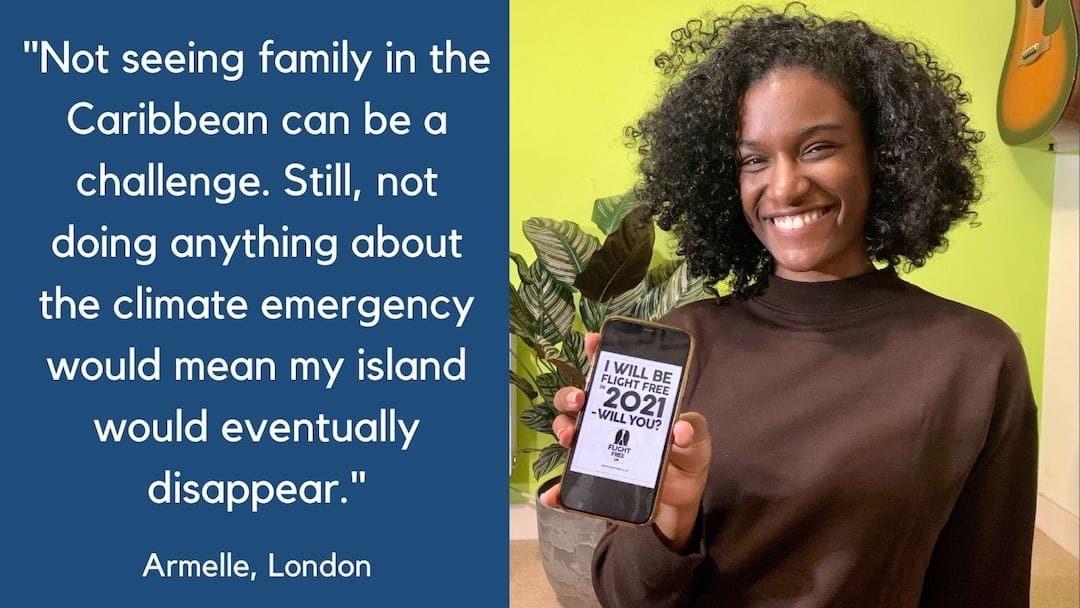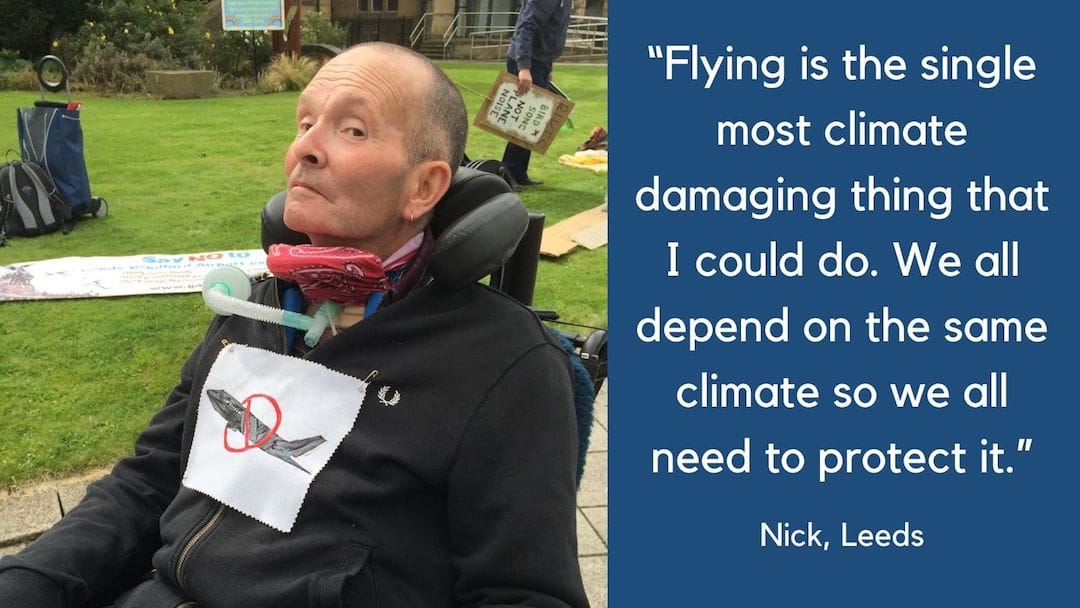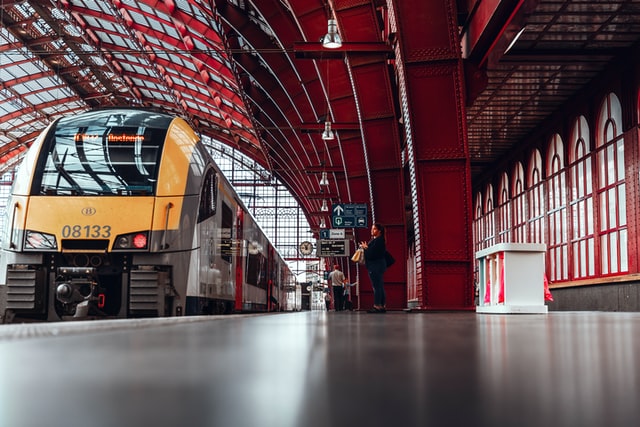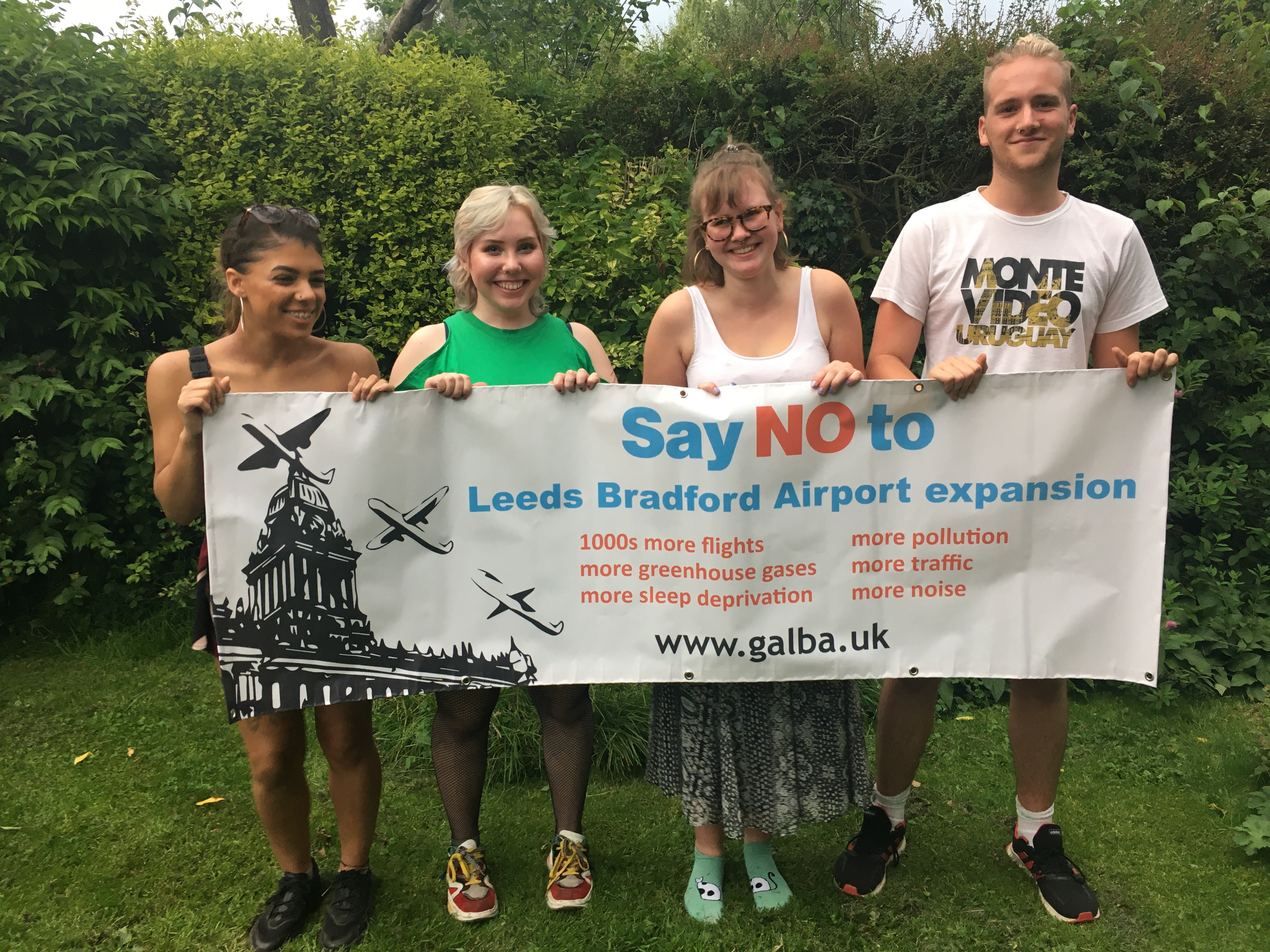Most people expect demand for flying to grow. Some people believe that is just a fact of life.
But what do we mean by ‘demand’? Certainly, before COVID 19, passenger numbers had been growing fast, but that’s not quite the same thing. The definition of demand in economics is the willingness and ability of a consumer to purchase something. The actual number of passengers is what happens when demand meets the availability and price of flights.
Demand probably has been increasing. A growing population and higher incomes both tend to increase the number of times someone somewhere is willing to book a flight.
But the growth in flying has also been driven by lower prices. UK residents made 73% more visits overseas 2019 than in 1999 – the year that Easyjet first sold more than £1m worth of flights online. Most of the growth in that time was in leisure travel, and it’s not a coincidence that the massive increase in flying has happened since low cost airlines like EasyJet and RyanAir have been on the scene. Low prices enabled all sorts of new flying habits.
"It’s not a coincidence that the massive increase in flying has happened since low cost airlines have been on the scene."
Here are some types of flying that people didn’t used to do before low cost airlines. All of these are real examples from people I know.
- Having a lads’ weekend in Prague because once you factor in the price of beer, it’s cheaper than a weekend at home.
- Living in Northern Ireland and commuting to London by air because it’s cheaper than renting a flat in London.
- Organising a hen party in Magaluf because the bars there give you free drinks.
- Choosing to study at university in England because you can commute from your home in Eastern Europe via Luton Airport.
These are all rational choices, when flying is so inexpensive – especially if you don’t think about the impact on the climate.
But what would happen if the price increased? It would make flying less competitive with other forms of transport, sure. But it would also reshape all kinds of choices. I heard recently about someone who was planning to celebrate her parents’ ruby wedding with a family trip to Tenerife. If the flights were a bit more expensive, would they still go? Maybe they would celebrate with a party, a meal at a nice restaurant, or a rose for the garden instead.
"What would happen if the price increased? It would make flying less competitive and reshape all kinds of choices."
So is it really flying that we demand? We demand good times with our families and friends. We demand memorable occasions. We demand access to work and education.




